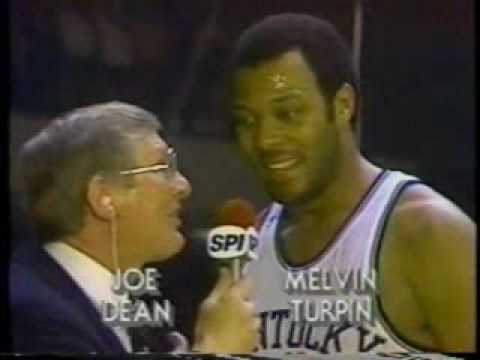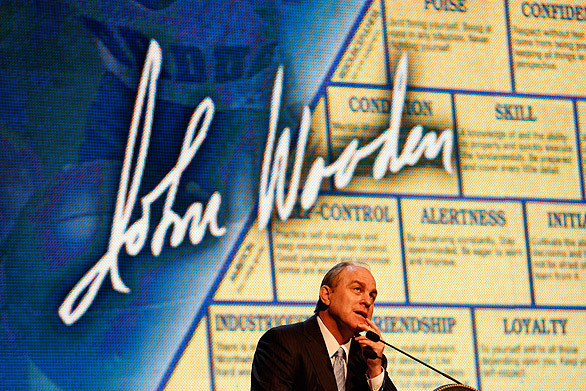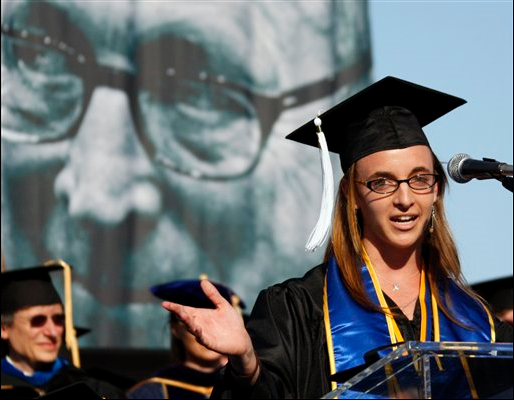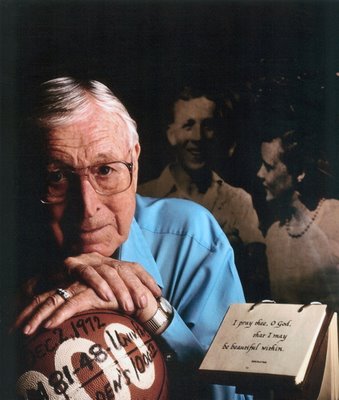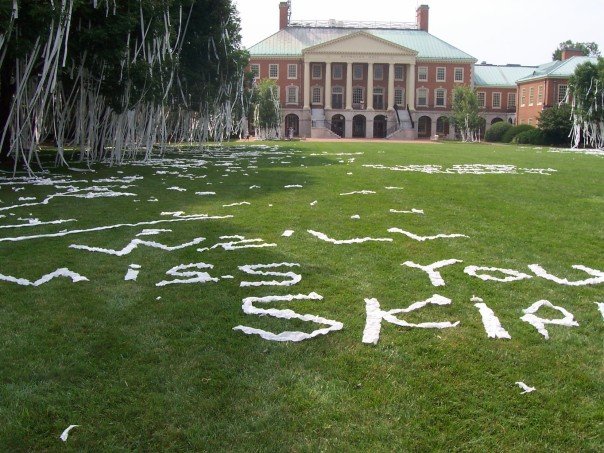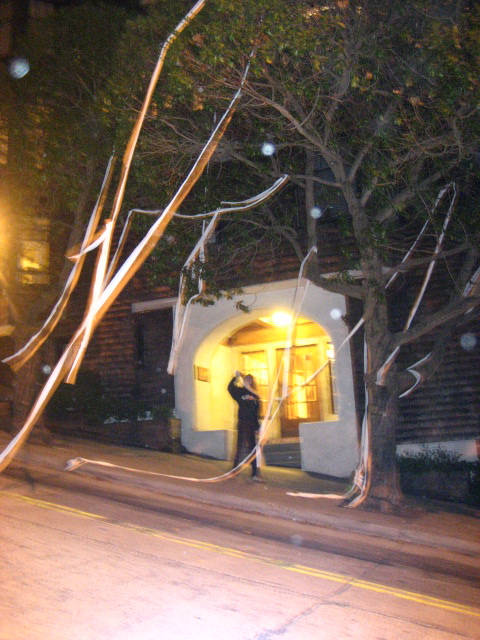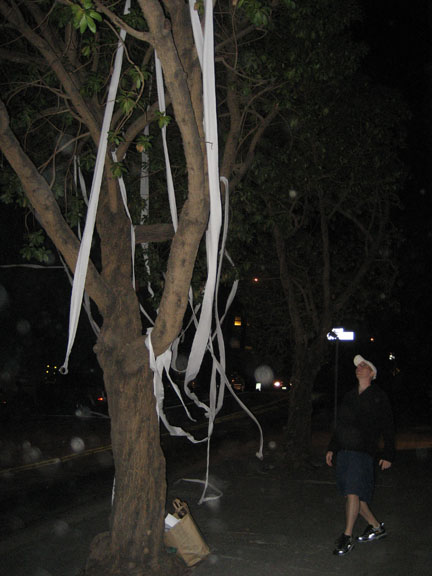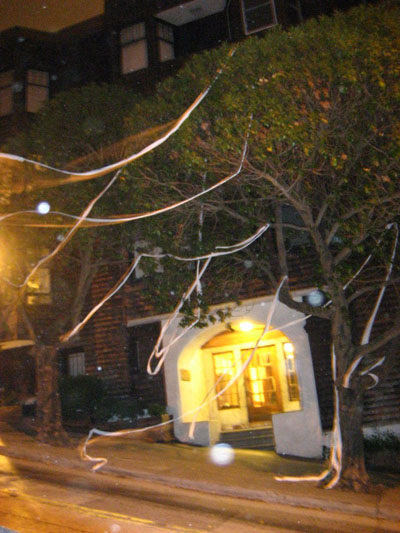Over the weekend, we too heard the disheartening news that one of the game’s most historically important figures had died. Don Haskins, longtime coach of UTEP (nee’ Texas Western), passed away on Sunday at the age of 78.

(photo credit: UTEP)
Most of Haskins’ career was before our time, and it’s not like UTEP games were burning up the airwaves anyway, but the 1997 Hall of Fame coach (719 wins) consistently put quality teams into the NCAA Tournament (14 trips) throughout his 39 seasons in El Paso. Of course, Haskins will forever be historically notorious for his 1966 Texas Western squad, who won the national title with an all-black starting lineup against the all-white Kentucky Wildcats. While the real-time impact of that game on a nation embroiled in the civil rights movement can be extensively argued (no major media outlet mentioned this artifact at the time of the game), there can be little question that Haskins’ national championship team represents a significant tipping point in collegiate athletics, particularly in the South. No longer could it be argued that predominantly-black teams didn’t have the necessary discipline (and coachability) to compete at the highest levels of the game. Soon thereafter, the floodgate of black athletes at SEC, SWC and ACC schools opened.
With that said, we don’t presume to know much about Don Haskins other than his role in that game, so we’ll leave it to those who did know him and his stories to fill out the remainder of the post. RIP Coach Haskins.
From CBS Sportsline:
We’ve spent a large part of the past few months hearing about how one politician is breaking barriers and another is putting cracks in ceilings. These are historic times, for sure. But 42 years ago Haskins accomplished similar things in his own little way, only he wasn’t similarly celebrated like Barack Obama, Hillary Clinton or Sarah Palin. Instead, he was ridiculed and threatened and, well, I’ll just turn things back over to Wetzel.
“His friends asked him ‘Don, are you crazy? Are you f—ing nuts?'” Wetzel said. “They said ‘If you play five blacks they’re going to call you the black coach. Even if you win you’ll never get another job. And if you lose and get fired, nobody will ever hire you. And if one of those kids f—s up, then you’re done. Your entire career is done and you’ve got kids to feed. Don’t do this. It’s stupid.'”
Haskins’ response? “He said ‘F— that,'” Wetzel said. “He said ‘Seven of my best eight players are black, and I’m playing them. I don’t care what the repercussions are.'” So he played them, started five of them, and you know the story by now.
From the El Paso Times:
So many people in this city have treasured memories of the man … a friendship, a chance encounter, a vision of the fiercest of them all prowling the sidelines. He touched all in this city, one way or another.
We can never forget the fierce man who stalked the sideline, barking at officials, growling at players. He was, quite simply, the ultimate competitor. He had the quickest basketball mind you ever saw. Practice would be going full steam, 10 guys on the court going 110 mph. Nothing else would do. One of those 10 would be out of place, make some wrong move, and that big voice would instantly come booming through the arena and he would charge out into the middle of the action. The man never used a whistle. Didn’t need one. He had that voice.
From the Washington Post:
Recalling the ’66 team 25 years later, Mr. Haskins told The Washington Post: “That wasn’t the first time I’d started five blacks, and I really didn’t think it was all that unusual. What made it so is that Rupp had an all-white team and didn’t make a secret of how he felt about it.”
Mr. Haskins got his nickname, “the Bear,” not only because he growled and grumped a lot but also because of his burly physique. The fact that he threw a player out of practice one day for trying a behind-the-back pass and once kicked a chair so hard he broke a toe only added to his ornery ursine image.
“Lord knows, I hated that man when I first started playing for him,” said Nevil “the Shadow” Shed, a native of the South Bronx who played on the national championship team. “He really got after us, but he never killed our spirit.”
From Nolan Richardson (ESPN):
“Everyone should remember and never forget that he broke a line that should have been broken years and years before,” said former Arkansas coach Nolan Richardson, who played for Haskins as a junior and senior at Texas Western in the early 1960s.
“Coach Haskins wanted to win and to do what he did at a young age, that’s the kind of man he was,” Richardson said of Haskins’ starting an all-African-American starting five. “It didn’t matter how tall you were, but can you play? Can you take coaching? He was that kind of guy. It’s going to be a big loss for his immediate family and all the guys that played for him and learned their coaching techniques from him. There’s no question that he had a tremendous influence on my life, as a person and as a coach. He will truly be missed by all of us.”
From Bob Knight (Dallas Morning News):
“There is no one who has ever coached that I respected and admired more than Don Haskins. He got more out of his teams and players than any coach who has ever coached college basketball.”
“I have had no friend that I enjoyed more than Don Haskins. There was never anyone like him before and there never will be anyone like him again.”
“Don Haskins was absolutely a pure golden original. He took a school that had no reason to be a basketball giant and made it in to one.”
Haskins’ memorial services will be Thursday in El Paso. Billy Gillispie, Nolan Richardson and Tim Floyd are expected to speak.






























